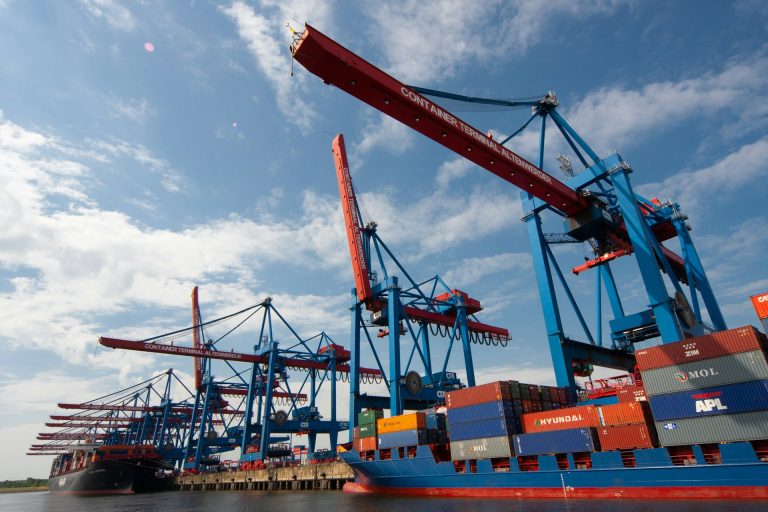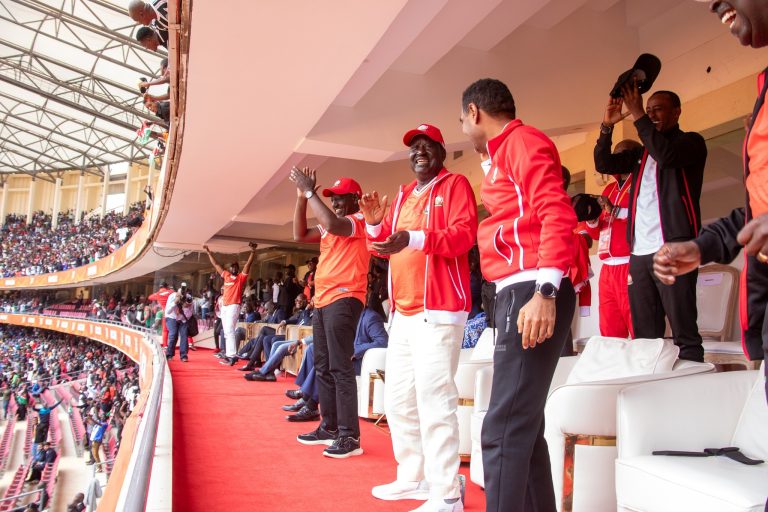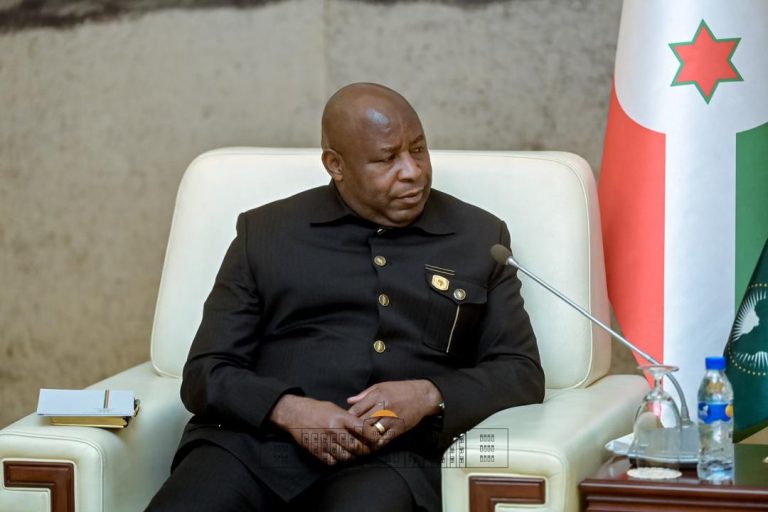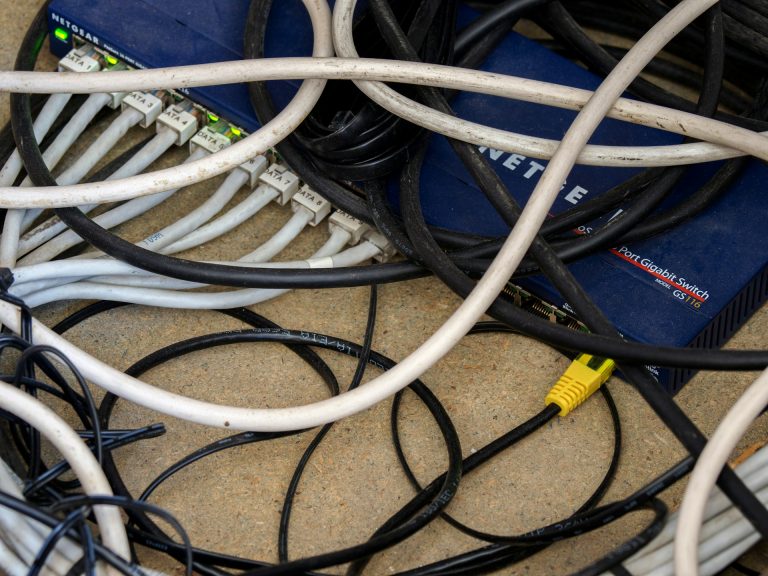- Nigeria halts 15% fuel-import tax over inflation fears
- Regulators warn against hoarding and panic buying
ABUJA, NIGERIA – Nigeria has suspended its planned 15% tax on imported gasoline, pausing a controversial measure that officials feared would trigger fresh fuel price hikes and worsen the country’s cost-of-living crisis.
The Nigerian Midstream and Downstream Petroleum Regulatory Authority (NMDPRA) announced the suspension, saying the ad valorem levy on imported Premium Motor Spirit (PMS) and diesel “is no longer in view.”
“It should also be noted that the implementation of the 15 per cent ad-valorem import duty on imported Premium Motor Spirit and Diesel is no longer in view,” the Authority said in a statement signed by George Ene-Ita, its public affairs director.
The regulator urged market players to resist price speculation. “The Authority wishes to use this opportunity to advise against any hoarding, panic buying, or non-market reflective escalation of prices of petroleum products,” Ene-Ita said.
He added that Nigeria has “enough robust domestic supply of petroleum products… sourced from both local refineries and importation to ensure timely replenishment of stocks at storage and retail stations during this period.”
Policy reversal amid economic strain
President Bola Tinubu approved the import tax in October, arguing it was needed to protect local refiners – including the $20 billion Dangote Refinery – and correct long-standing distortions that made imported fuel cheaper than locally refined products. The government said the levy would support industrial investment and level the playing field.
But critics warned the tax would push petrol prices even higher, stoking inflation in a nation already grappling with one of its worst economic shocks in decades. Nigeria scrapped its petrol subsidy and liberalised foreign exchange rates in mid-2023, triggering steep increases in fuel costs and a sharp depreciation of the naira. The twin reforms, enacted just weeks apart, helped ignite an inflation surge that has pushed millions deeper into poverty.
A World Bank report in October – From Policy to People – projected that the number of Nigerians living in poverty will reach 139 million this year despite the reforms.
Economist Ayo Teriba welcomed the government’s decision to step back, calling it a sign that officials are listening to public sentiment. “There is nothing wrong with the government testing the waters to know if the people are opposed to the plan. It is not yet a policy in place, so it does not amount to a policy somersault,” he told Allen Dreyfus.
“It is a responsible government that will do that,” he said, noting that while some business groups supported the tax, “some people opposed the plan.”
Teriba added that this is not the first time authorities have reversed course in response to public complaints. He pointed to the government’s introduction of a 4% customs duty on the FoB value of imports earlier this year. After protests from importers and shippers, the levy was suspended in August, reintroduced in September and withdrawn again as opposition mounted.
The economist argued that imposing new taxes now would be unfair given the hardship triggered by subsidy removal and the currency’s deep devaluation. The suspension, he said, offers “relief to Nigerians after all that the people suffered.”










